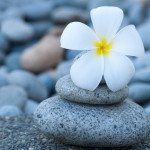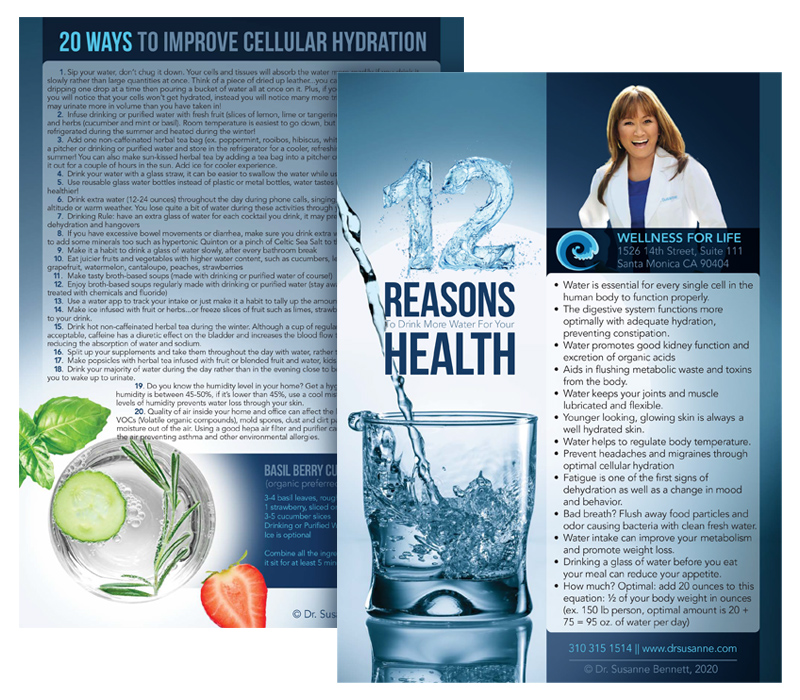Birds do it, bees do it. But stressed out couples?
Not so much!
Sometimes it is just really challenging to feel sexy or feel like having sex, what with busy schedules, children in the house, and other interrupts (how many of you have stopped an intimate moment because of a text coming through on your cell phone?).
On top of all of that, there are so many things that can impact one’s libido. Relationship stress, lack of sleep, poor diet and nutrition, and even taking certain medications can all contribute to a low sex drive.
As Valentine’s Day approaches, I thought I’d share a few simple strategies to help you get your sexy back. Share them with your special someone, and if there currently isn’t a romantic relationship in your life, enjoy them yourself…you deserve to feel sexy and vibrant for YOU.
The 5 Strategies to Get Your Sexy Back
- Change the goal of intimacy with your partner
- Boost your libido through diet
- Medications (and vices) that can zap your zip
- Natural supplements that can crank up your desire
- Lifestyle changes – simple things to remember
Change the goal of intimacy with your partner
Many of us are caregivers in some way; either for our children, elderly parents, relatives or others. We often find it difficult to allocate time for self-care and for reconnecting with our partner. Lack of self-care is a very common problem, more for women than men. So what happens? We end up “scheduling” a ½ hour once a week for sex with our spouse.
Sex becomes a hurried “must do” rather than a time of true caring and sharing with our significant other. It’s no wonder that so many people have libido issues!
Change the goal of your weekly “meetup” from climax to pleasure (you’ll likely end up with both!). And men, before you say, “What’s in it for me?” please note that when your woman is feeling pleasured, connected and sexy, you will feel your own libido rev up as well…that can only end positive for all involved!
Boost your libido through diet
Eating whole, nutrient-dense foods, losing belly fat, keeping the blood flowing (through exercise and movement, I suggest burst training which is healthier than continuous/prolonged exercise) and reducing stress can all improve your ability to better enjoy your sexuality.
Your diet in particular can impact hormone health in your body; it is important to stay clear of eating GMOs (have you heard about genetically engineered salmon? Stay away from this “frankenfish”!), foods having additives, toxins and inflammatory foods.
Poor diet and gut health could impact libido and sexual performance. Take sugar, for example, it is very inflammatory and robs men of their testosterone. You need to reduce processed foods and simple carbs.
Bump up the protein, too. Many middle-aged men and women don’t get enough protein in their diet, plus as we age, we have difficulty digesting the proteins. Eat grass fed beef, wild caught fish, organic chicken, lentils, free-range eggs, and more. Take a digestive enzyme with each protein meal to insure you digest the protein down to the essential amino acids. Older men who don’t get enough quality protein each day are likely further reducing their testosterone levels! For both men and women, quality protein portions should be about a third of the plate (average of 4-8 ounces per meal depending on your weight and size.) If you are a vegan/vegetarian or having difficulty meeting your daily protein quota, supplement with a vegan protein powder or essential amino acids.
I always recommend people opt for organic whenever they can. Go to the Environmental Working Group website and do a little research on pesticides; and you will likely start making your way to your local farmer’s market.
There are some classic aphrodisiacs, such as oysters. Why do they bump up the libido? They are packed full of zinc, which releases dopamine into the brain resulting in a higher sex drive. Zinc also raises sperm levels and increases testosterone. Oysters are often contaminated with toxins in the ocean, so you can take zinc supplements, or other food sources include beef, chicken, beans, almonds and pumpkin seeds.
A favorite aphrodisiac for Valentine’s Day is dark chocolate. Believe it or not, the magnesium in it can relax you and can trigger the release or endorphins, perfect to get you in the mood!
Medications (and vices) that can zap your zip
Many medications can impact libido, including:
- Blood pressure meds
- Antidepressants
- Chemotherapy
- Anti-HIV meds
- Medical marijuana
- Alcohol
- Smoking
You need to talk with your doctor about the medications that you are on if you feel you are experiencing a lowering of libido and/or signs of sexual dysfunction. As just one example of how medication can affect you: one study on selective serotonin reuptake inhibitors (SSRI) showed that it induced sexual dysfunction in 30-80% of patients!
Vices can affect blood flow! Smoking decreases blood flow and can dampen arousal.
And drinking? Well, for overall health reasons I am not a proponent of alcohol because it’s a poison to our mitochondria, the organelles responsible for our energy production. Having said that, studies have shown that women who drink no more than a small glass of red wine daily reported higher levels of sexual desire and vaginal lubrication, compared to non-drinkers (Journal of Sexual Medicine). This could be due to the antioxidants that are found in red wine (polyphenols). They may help blood vessels widen which can increase blood flow to arousal areas. My recommendation is to take a resveratrol supplement instead. Most studies show that too much alcohol extinguishes libido and can cause anxiety and insomnia.
Natural supplements that can crank up your desire
There are many supplements that can help lower inflammation (inflammation can lower testosterone, as well as wreak havoc on your overall hormone health), improve libido and decrease sexual dysfunction. Here are just a few:
Vitamin D: Do you feel frisker in the summer? Maybe it is all that skin that is showing…but there is also a valid physiological reason! Vitamin D deficiency can cause low estrogen in women, which results in lower sex drive. Increased Vitamin D causes sex hormones, dopamine (neurotransmitter for motivation and drive) and people’s libido, to peak! Testosterone and estrogen affect libido and overall mood, so do yourself a favor and make sure you are getting enough…many of us aren’t, particularly in winter! Ask your doctor to test you to be sure.
DHEA: One of my favorites to discuss with patients suffering from lack of libido or sexual dysfunction. DHEA is a hormone produced naturally by the adrenals; it converts to the body’s sex hormones. The levels of DHEA decline as we age. You can get supplements in capsules or via vaginal tablets. DHEA supports improvements to ED by increasing nitric oxide levels (this is similar to how Viagra works).
Sea Buckthorn Oil: Sea Buckthorn oil has been studied and shown to treat dry and irritated mucous membranes of the urogenital tissues of women. As hormones wane delicate tissues around and inside the vaginal canal can thin out and atrophy. Low levels of mucous secretions in the vagina can cause pain and inflammation during and after intercourse and trigger bladder and vaginal infections. Improving the moisture and integrity of the sexual organs with Sea Buckthorn oil can be just the answer for peri-menopausal and menopausal women!
L-Arginine: An amino acid that turns into nitric oxide in the body; just like DHEA, increasing the nitric oxide levels, causing blood vessels to dilate and widen and can help with erectile dysfunction symptoms.
Maca: Maca is a popular super food used by men and by women who want more sexual fire in their lives. A Peruvian herb, made from the maca root, it addresses adrenal fatigue and can improve mood, PMS and menopausal symptoms, and libido in both men and women.
Lifestyle changes – simple things to remember
Living a joyful life can actually increases your body’s natural production of DHEA. Your mood also determines your libido level. Stressed out, hurried or fatigued individuals are not likely to truly connect with their partner…during sex or otherwise!
- Adequate sleep is vital
- Learn to unplug, relax and stay present in the moment (especially when that moment is with your partner!)
- Learn relaxation techniques and practice them daily. Self-care is your new mantra! Deep breathing, walks in nature, essential oils…pamper yourself! Your partner can join in, too.
- Move…daily and often, increases blood and lymph flow throughout the body as well as your sexual organs
- Eat clean, and consider taking a probiotic to support gut health and nutrient absorption
- Get out in the sun! Vitamin D is your frisky friend…
- Women: if you have vaginal dryness or pain, talk with your doctor…there are a variety of options for you, from over-the-counter creams to prescription estriol vaginal creams. Don’t wait. Who wants to be intimate with their partner when it hurts?
- Put a halt to the weekly scheduled “date night” if it becomes a mechanical “to do”…or change “date night” up. Don’t make it about climax…make it about pleasure. Put on some mood music, light up the fireplace, or buy a few toys or lubricant…connect with your partner!
And finally, make your connection and sexuality about more than one day a year! Valentine’s Day is a “Hallmark” card. The rest of the year is about your relationship.





